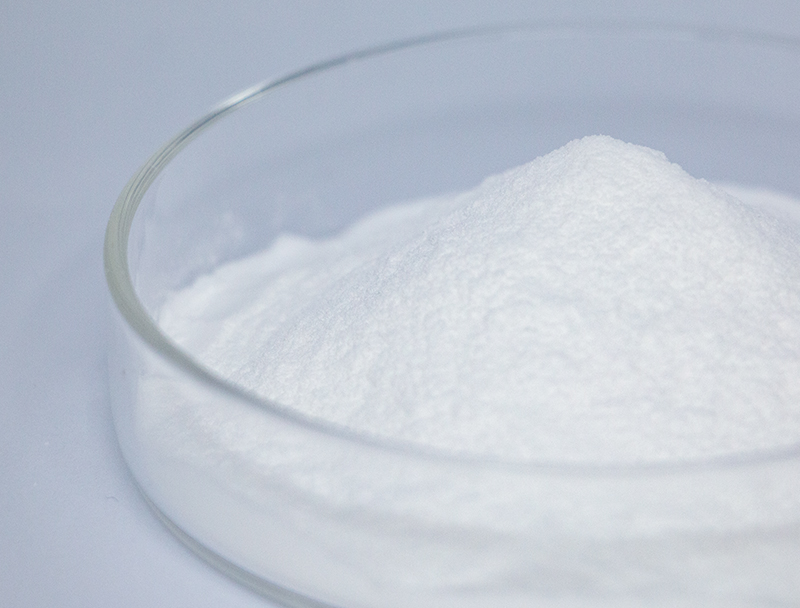
Modern biofabrication is grounded in a broad palette of primary inputs to manufacture advanced biological products.
Securing long-term supply of raw inputs forms the foundation of durable, responsible industrial growth.
numerous problems stemming from established sourcing methods such as soil erosion and unchecked resource extraction. Consequently, biotech firms need proactively to adopt sustainable procurement approaches to reduce environmental impact.
- Situations demonstrating ethical sourcing encompass:
- Harnessing secondary biomass from farming outputs
- Establishing regenerative loops to cut waste and elevate material utilization
- Aligning with domestic providers that adhere to transparent sourcing
Shifting to ethical sourcing drives environmental value and long-term commercial viability.
Upgrading Feedstock Traits for Better Biofuel Performance
Improving fuel production performance hinges on the attributes of biomass inputs. Technologists actively pursue refinements to increase feedstock efficiency, achieving increased output and long-term energy sustainability. Programs combine genetic improvement for biomass productivity with conversion technologies to access fermentable substrates.
- Similarly, research probes algae, byproduct streams, and harvest remnants as potential sustainable sources to augment biofuel feedstocks.
- With persistent development the field will likely demonstrate notable gains that foster a more sustainable energy system.

Upstream Process Improvements for Modern Biopharma Production
represents the initial stages of biopharmaceutical manufacturing, encompassing all steps from cell culture and cell harvesting New innovations across this area have produced enhanced manufacturing methods that boost yields.
Meaningful breakthroughs include engineered cell strains, enhanced culture formulations, and modular reactor designs. These strategies improve manufacturing efficiency and lessen cost and ecological effects.
- In addition, momentum toward nonstop processing offers improved flexibility and optimized operational flow.
- This transition to advanced manufacturing techniques is set to transform the sector and accelerate therapeutic timelines.
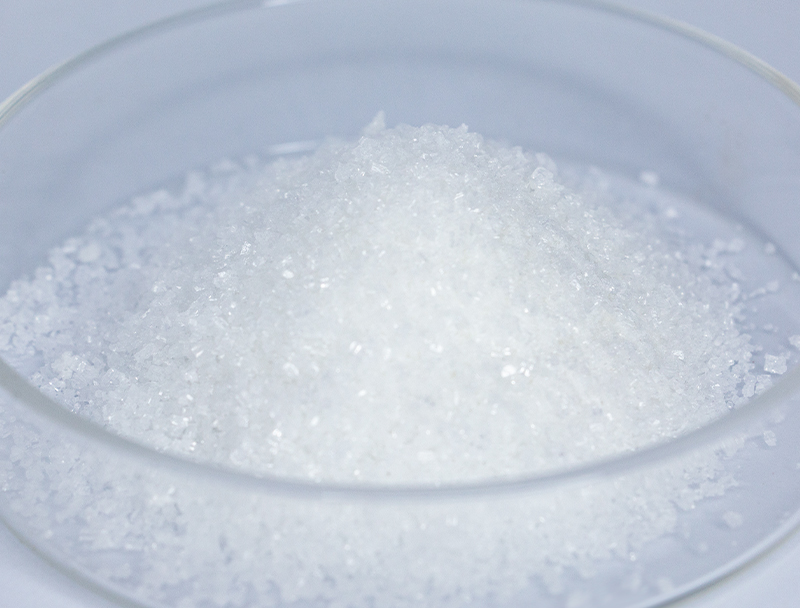
Precision Genomic Tools Enhancing Biopharmaceutical Yields
evolutions in genetic modification techniques have optimized therapeutic biosynthesis. Using precise gene interventions, engineers raise the output of key therapeutic proteins. The approach may facilitate scalable, low-cost therapeutic production for numerous diseases.
Harnessing Microbial Biotechnology for Sustainable Bioremediation
forward-looking microbial interventions for environmentally friendly decontamination. Selected microbial cultures can remediate contaminants through biodegradation pathways.. Employing microbial processes facilitates remediation approaches that preserve ecosystem integrity while reducing pollution.. Scientists are actively exploring a wide range of microbial species with diverse metabolic capabilities to target various pollutants, including heavy metals, pesticides, oil spills.. They can be integrated into bioreactor platforms or introduced in the field to stimulate microbial breakdown of hazardous compounds..
Employing microbial strategies for remediation provides multiple benefits versus traditional techniques. It is a cost-effective and environmentally friendly approach that minimizes the generation of harmful byproducts. Moreover, microbes can be tailored to address specific pollutants with minimal impact on non-target organisms. The domain advances quickly, concentrating on raising reliability and performance of microbial cleanup methods.
Computational Biology in Drug Discovery
Bioinformatic tools play an increasingly crucial role in the modern landscape of drug discovery and development. By leveraging complex datasets, bioinformatics expedites discovery and optimizes candidate safety and potency.
- By parsing huge omics and clinical databases, bioinformaticians detect targets and estimate therapeutic responses.
- Similarly, modeling drug–target interactions streamlines design of compounds with better efficacy and selectivity.
- Ultimately, bioinformatics modernizes development workflows and expedites access to safe, beneficial medicines.
Metabolic Engineering Strategies for Enhanced Bioproduct Synthesis
uses diverse methods to increase biosynthesis of target bioproducts in organisms. These strategies can involve genetic modifications to optimize metabolic pathways, regulation of gene expression, and the introduction of novel genes to confer new capabilities.. By calibrating pathway dynamics and expression levels teams can greatly amplify bioproduct yields.
This wide-ranging tactic can overhaul industries spanning medicine, agriculture, and energy production.
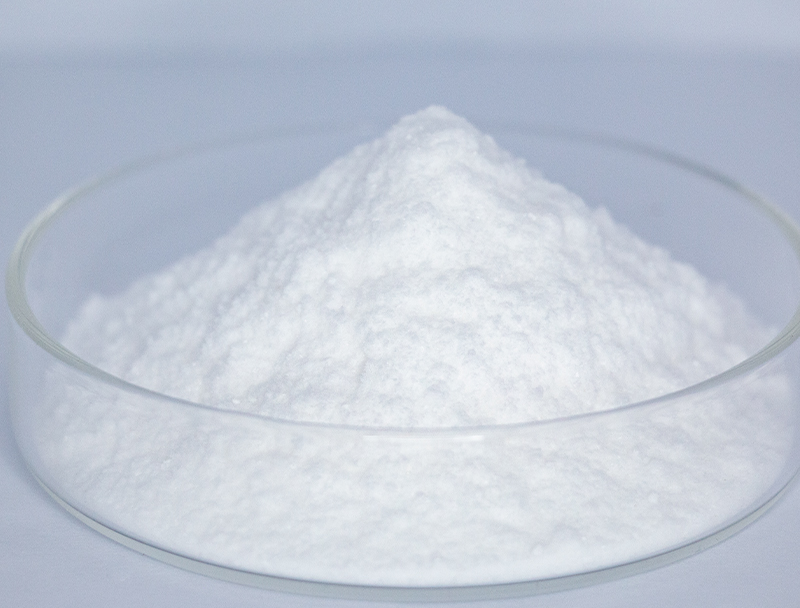
Barriers and Benefits When Expanding Biopharmaceutical Manufacturing
Transitioning to higher volumes entails serious complications and potential rewards. Keeping consistent product performance at elevated volumes is a significant challenge. Solving it involves resilient control frameworks, high-resolution monitoring, 5-Aminolevulinic acid and modern analytical tools.
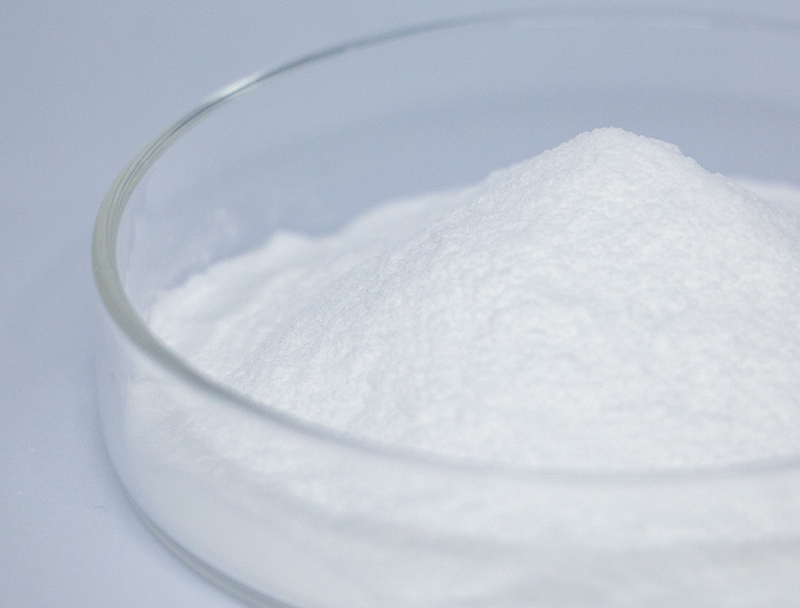
Another concern is that bioprocessing workflows are inherently complex and multi-staged.. Transforming bench processes into industrial practice requires sustained research and engineering innovation. Even so, the payoff can be large. Skilled scaling can enlarge supply, lower prices, and increase profit potential.
A range of strategies is being implemented to address scaling problems. Examples include novel optimization technologies, predictive analytics for real-time control, and inventive production models.
- Developmental projects contribute critically to scaling manufacturing competency.
- Regulatory bodies are modernizing pathways to accelerate approval of advanced production technologies and support innovation.
Charting Regulatory Pathways for Biologics to Safeguard Patients
Producing biopharmaceuticals demands comprehensive oversight to guarantee safety and clinical effectiveness. Therapies derived from biological organisms carry special considerations not typical of conventional pharmaceuticals.
Institutions such as the U.S. FDA and European EMA lead in formulating regulations and benchmarks for biologic approvals..
Stringent experimental and surveillance testing occurs across the entire development-to-market continuum. These measures aim to identify potential risks and guarantee that biopharmaceuticals meet the highest levels of safety..
Furthermore, regulatory bodies are constantly evolving their approaches to keep pace with the rapid advancements in biopharmaceutical research.. Policies involve deploying novel tech and expediting development while preserving commitment to patient safety.
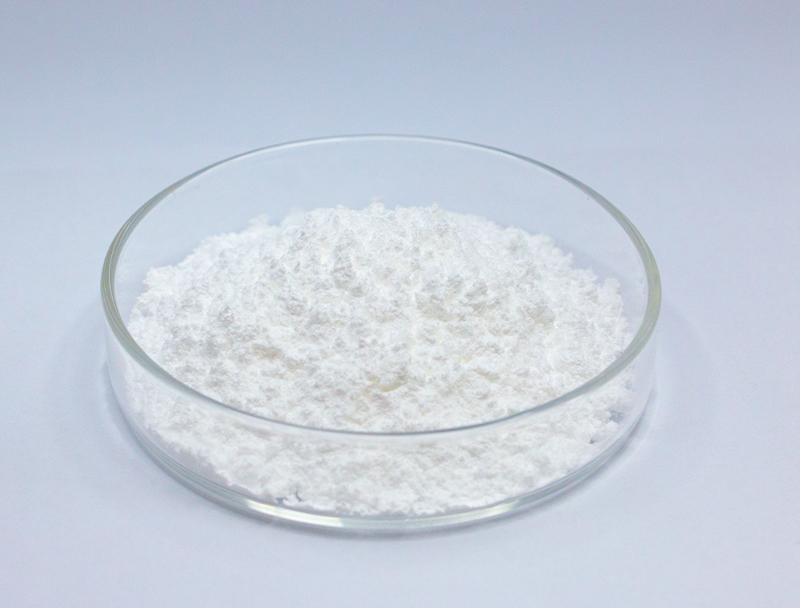
Plant-Derived Inputs for Next-Gen Bioplastics
The growing need for sustainable materials has led to a surge in research and development of renewable options. Bioplastics derived from plant biomass provide a viable route to more sustainable plastic alternatives. Plant-based biomass resources such as cornstarch, cellulose, sugarcane can be processed into biodegradable plastics that degrade naturally, minimizing the environmental impact of conventional plastics.
Moreover, bioplastics can mirror key properties of fossil-derived plastics and fit diverse application needs.. Ongoing studies and technology development are vital to exploit plant feedstocks for bioplastics and foster a circular economy.
Biotech's Role in Improving Global Health and Agricultural Resilience
Biotech provides transformative capabilities that can change healthcare outcomes and strengthen food systems. With genetic tools, engineered biological systems, and regenerative cell approaches, experts craft interventions to manage diseases, enhance agriculture, and fortify nutrition.. As an example, crop genetic improvements for pest and stress resistance help boost production and cut dependence on chemical pesticides.. Concurrently, biotechnology drives development of immunotherapies, antibiotics, and diagnostics that play a key role in controlling diseases and improving health metrics. Continued scientific progress suggests biotechnology will increasingly underpin healthier, more sustainable societies worldwide.
